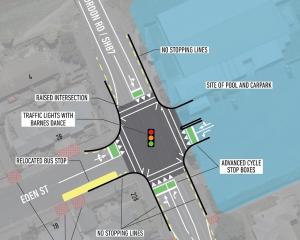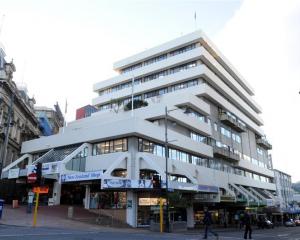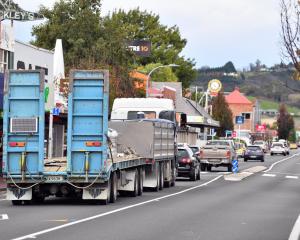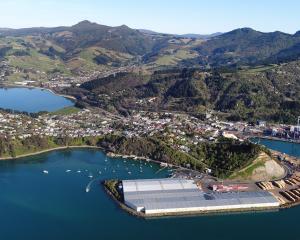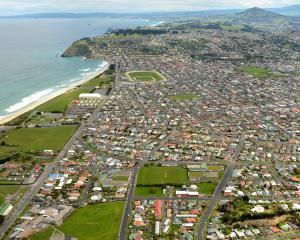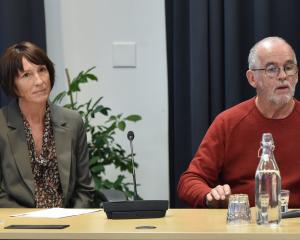Jobs could be on the line as the Dunedin City Council considers plans for a new council-controlled organisation (CCO) to manage the city's $1.6 billion water infrastructure network.
The plans, yet to be approved by councillors, would result in 100 staff from the council's water and waste services unit transferred either to a new CCO called SouthernWater, or to Delta Utility Services.
It was hoped the greater commercial discipline expected from SouthernWater or the alternative Delta proposal, if either proceeded, would result in greater efficiencies and more cost-effective services for ratepayers.
The draft SouthernWater proposal - to be considered by councillors today - noted there "may be staff impacts" resulting from the change.
Under the proposal, the staff would be transferred to the new CCO under similar terms and conditions, and their collective agreement included a commitment to consult "before undertaking any form of reorganisation".
However, council city environment general manager Tony Avery said what happened to them after that would be up to the new entity's board, and commenting on their future would be "entirely speculative".
"One of the reasons for the proposal is so that the governance board can potentially make decisions around the efficient delivery of water and waste.
"Who knows what they might do?"
Finding efficiencies that resulted in less demand for staff was "one way", he agreed.
"But there's also a wide variety of others.
"The business has a very large expenditure on capital projects, operational costs - there's a variety of potential ways."
The proposal also noted "natural attrition" of staff might be needed to lower council costs, once the change was implemented.
That was because the council's water and waste services unit bought $4.3 million of in-house services - ranging from information technology to secretarial services - from other council departments each year.
If a CCO was created, its board would be free to obtain the services from other external providers offering better deals, potentially saving $1.4 million a year, the proposal said.
That would have a knock-on impact for council departments that lost a "major" customer, reducing their income while costs - such as staffing levels - remained fixed.
To mitigate that, the proposal included a transition period of up to three years, during which the CCO would continue using council services to allow time for council departments to adjust.
That could be done by improving the services offered by council departments, using natural attrition to reduce staff costs or a combination of the two.
Mr Avery said the transition period would allow a "careful look" at the impacts, "and give us time to work out what it actually means for the internal departments, and how we best manage that".
"If the CCO decided not to use them [council services], there would be a period over which the council would need to look at how it made up for that loss of revenue from the CCO.
"There is a necessary transition, because there will be an impact on the organisation.
"In order to minimise that impact, we've provided a transition period so it can be worked through in an orderly manner."
Southern Local Government Officers' Union organiser Ann McWhirter, of Dunedin, said the proposal was "a big issue" for the union, which represented about 350 council staff - about 60 of whom were potentially affected.
"Any proposal for change does cause nervousness. That's just unavoidable," she said.
"We've got a considerable number of employees involved, so it is going to be a big issue, yes."


